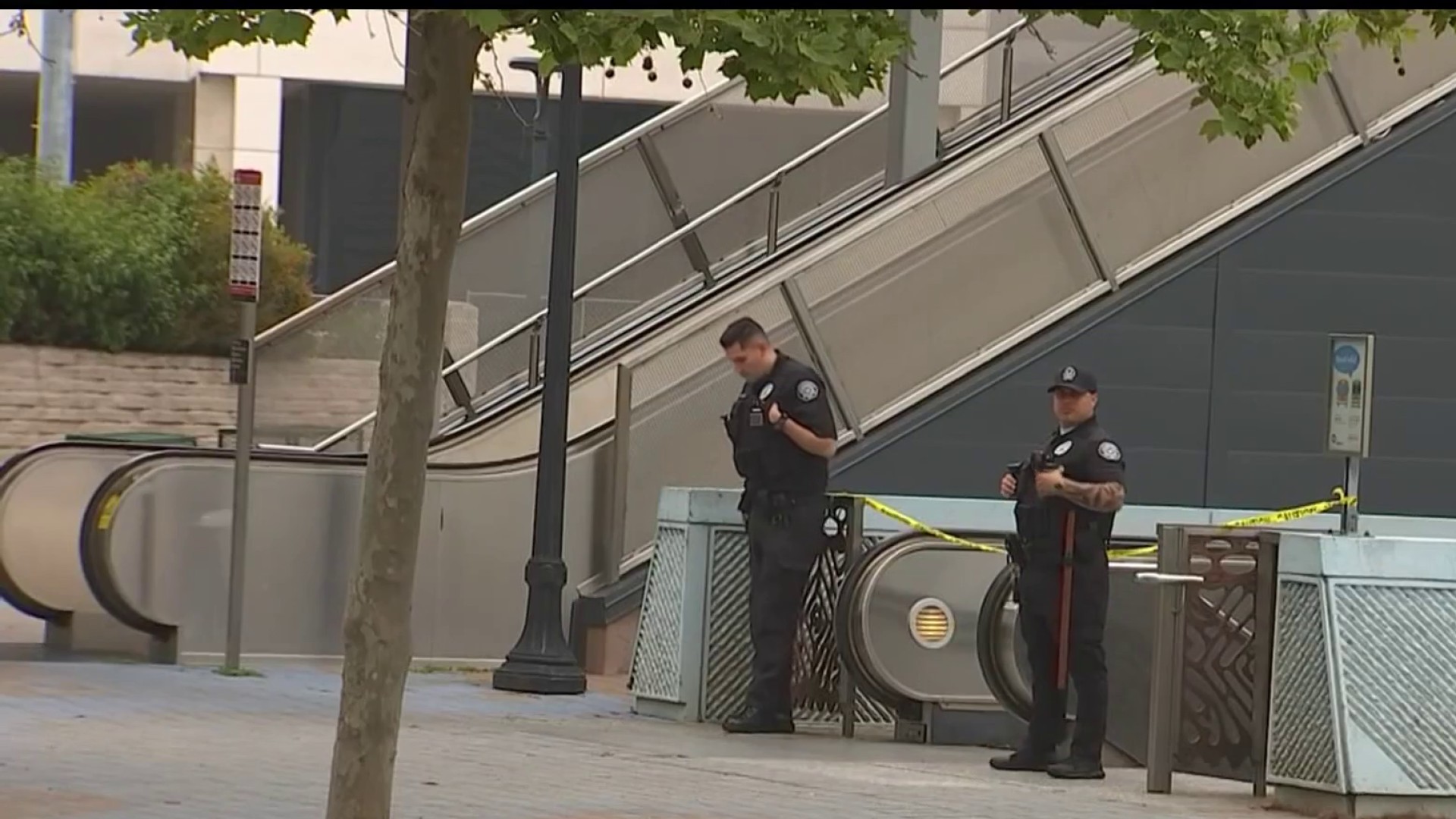With the approval he had sought for six years, a deported US military veteran returned Wednesday from Mexico to his California home.
Accompanied by advocates who had fought to have his residency restored, Fabian Rebolledo crossed the border from Tijuana to San Ysidro to be reunited with his parents, sisters, and son.
"It feels terrific!" Rebolledo said, proudly wearing his Army full dress uniform.
Rebolledo, 43, became the fourth deported veteran to be permitted to return to California since last year. It's estimated dozens more remain in the Tijuana area alone. Their plight has drawn attention, and assistance from such organizations as the Deported Veterans of America, the ACLU, and the Immigrants Rights Clinic affiliated with the law school at the University of California Irvine.
An ACLU study entitled "Discharged, Then Discarded" documented an uptick in deportations of veterans since the 1990's. For legal residents, military service is a path to citizenship, but requires the immigrant to follow an application process. Those who were deported for felony convictions had not done so.
"There is no bigger injustice", said Juan Carlos Mercado, himself an Army infantry veteran, now working in law enforcement, who founded Deported Veterans of America in San Diego. "For Fabian today, we did the right thing. We fixed that wrong."
Born in Cuernavaca, Rebolledo was in his early teens when he emigrated with his parents, and had legal US residency status when he enlisted in the Army at age 23. He was accepted into the 82nd Airborne Divison, and during a tour of duty in Kosovo during the UN peacekeeping mission was wounded in the leg by gunfire. He received a general discharge.
News
Top news of the day
Rebolledo recalls his Army recruiter telling him his service would earn him US citizenship, but he assumed it was automatic and did not apply, he said.
Returning to the San Gabriel Valley area, Rebolledo struggled with PTSD, anger management, and alcohol abuse, and was cited for DUI. He launched a construction business that failed during the economic downtown a decade ago. When he tried to pass a bad check for $750, he was convicted of felony forgery that caught the attention of immigration officials.
After first being deported in 2010, the very next day he used his old residency card to come back over the border, he acknowledged, and remained two years until immigrations officials learned of his return from a speeding ticket.
At the time, Rebolledo was staying with his parents in the San Gabriel Valley. He recalls immigration agents came to the door three separate times. The first two times, on learning he was a veteran, the agents left without taking action. His luck ran out on the third.
"Today is not your lucky day," he was told, according to an account by J. Malcolm Garcia published in his book "Without a Country: The Untold Story of America's Deported Veterans," and online at Salon.com.
Residency was restored to the first three returning deported veterans after Gov. Edmund Brown erased their felony convictions with pardons.
In Rebolledo's case, the enactment of Proposition 47 downgraded the forgery conviction from a felony to a misdemeanor, eliminating the grounds for deportation.
"We are not done," said Annie Lai, co-director of UCI Law's Immigrant Rights Clinic, which represented Rebolledo in the final round of his case. "There are still other veterans stranded abroad."
Rebolledo was accompanied on his return by Lai and Mercado, and on the U.S. side of the border was able to hug his son Derick, now 18, for the first time since he was 12.
"I was pretty stoked to see him," said Derick Rebolledo, who has been raised by his mother.
His father says he believes he has his demons under control. In retrospect, he sees that he hit bottom after the 2012 deportation that left him alone in a country where he had not lived since childhood.
For now, Fabian Rebolledo will be staying with one of his sisters and her husband at their Azusa home. Rebolledo may return to construction, or consider other options for earning a living, he said.
Regardless, he intends to do what he cans to help expedite the returns of the other deported veterans he got to know in Mexico.
But first, he's applying for US citizenship.



